World's Largest Coaching Platform
Organizational coaching Online
Talk to our experts
"*" indicates required fields


WHAT IS IT?
What is Organizational Coaching?
Organizational coaching, as defined by MantraCoach, is a dynamic process that empowers businesses to achieve their goals by fostering leadership, optimizing teamwork, and improving overall performance. This practice involves skilled coaches working collaboratively with individuals and teams, utilizing insightful questioning and targeted interventions to enhance communication, problem-solving, and strategic thinking. Through this tailored guidance, organizations can adapt, grow, and thrive in a rapidly evolving business landscape.

Focus Areas for Organizational Coaching
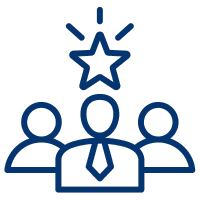



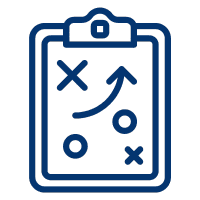
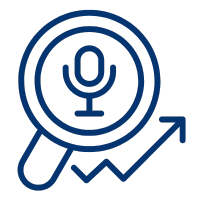



WHY ORGANIZATIONAL COACHING?
What is the Importance of Organizational Coaching?

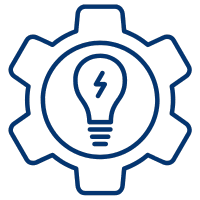
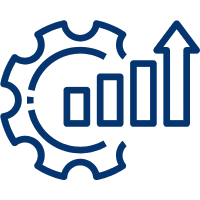







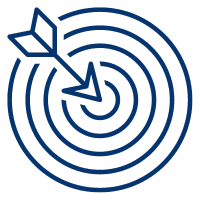


How it works?
A typical organizational coaching engagement involves several stages:
Step 1
Assessment:
Step 2
Agreement:
Step 3
Planning:
Step 4
Sessions:
Step 5
Feedback:
Step 6
Action:
Step 7
Evaluation:
Step 8
Follow-up:

SPECIALIZED COACHES
Connect with 130+ Life Coaches at MantraCoach






WHAT OUR CLIENTS SAY?

1500+ Happy customer around the world
"MantraCoach's organizational coaching was transformative for our team. Their strategic insights and tailored approach revitalized our communication and collaboration. We achieved remarkable growth in productivity and cohesion. Grateful for their expertise in driving positive change."
Sharon


ANSWERING YOUR DOUBTS
Frequently Asked Questions
It unlocks untapped potential, improves teamwork, and aligns individuals with the organization’s vision, leading to higher productivity, innovation, and employee satisfaction.
Businesses of all sizes, from startups to corporations, seeking to enhance leadership skills, team dynamics, and overall organizational effectiveness can benefit from coaching.
An organizational coach assesses challenges, designs tailored strategies, conducts coaching sessions, provides feedback, and guides teams to implement changes for improved performance.
Progress is tracked through key performance indicators, goal attainment, improved communication, enhanced teamwork, and positive shifts in organizational culture.
Absolutely, coaching can target specific challenges like conflict resolution, communication gaps, leadership development, and adapting to organizational changes.
Coaches remain flexible, adjusting strategies as the organization evolves, ensuring coaching remains relevant and effective in addressing new challenges and goals.
Absolutely, coaching aids in identifying potential leaders, grooming them for higher roles, and developing the skills needed to ensure a seamless leadership transition.


